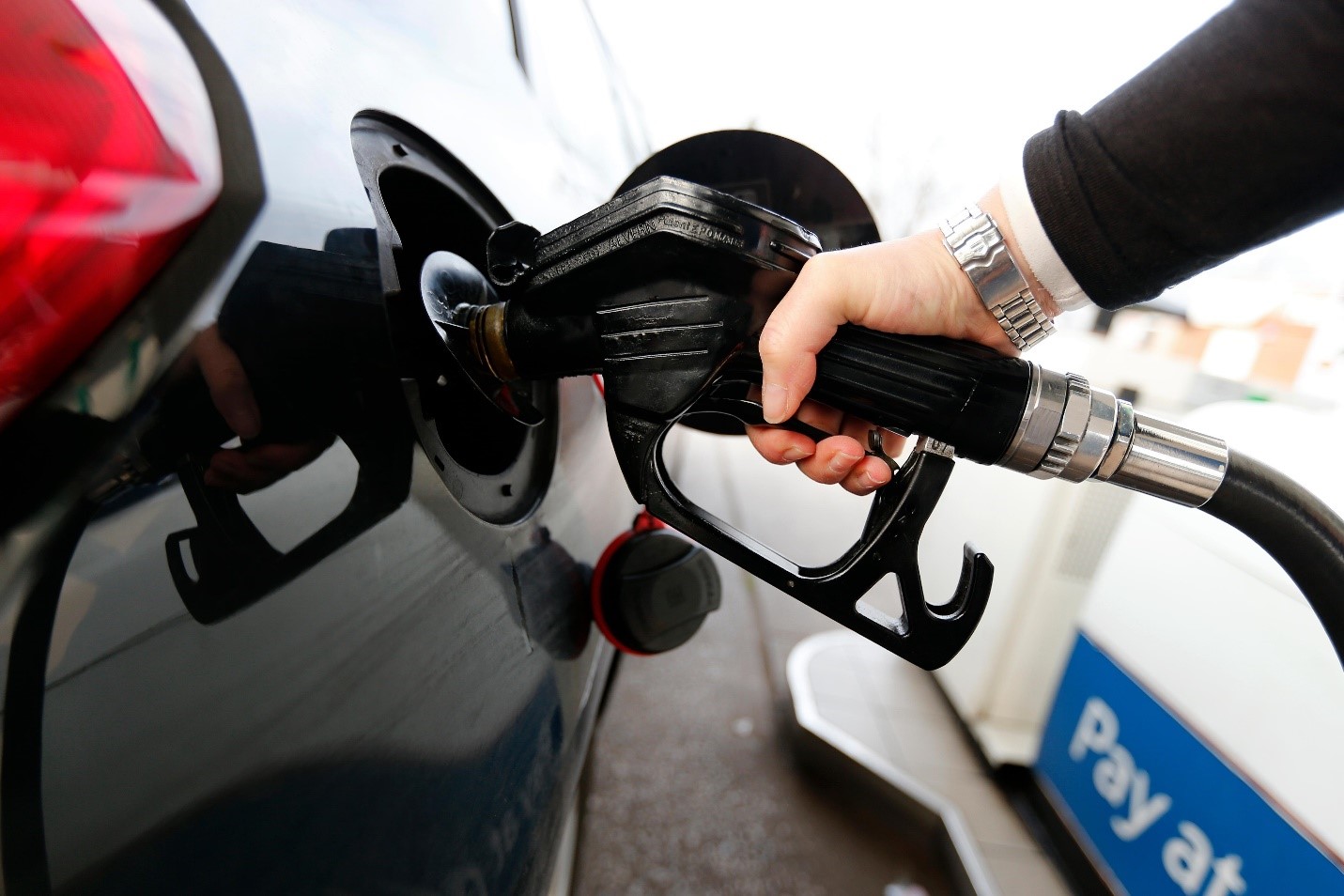Fuel Delivery: All You Need to Know About Petroleum

It may surprise you to know that petroleum has a myriad of uses. From plastics to fuel, it can be found in countless everyday items. To get the run-down on the different types of petroleum out there and what they can be used for, keep reading!
Crude Oil
Crude oil is unrefined petroleum that’s found in underground reservoirs and wells. It contains a range of hydrocarbons (chemicals made from hydrogen and carbon) and is the foundation of all types of petroleum products. It’s used mainly to make gasoline, diesel, jet fuel, motor oil, plastics and various other industrial chemicals. It’s also a key ingredient in the petrochemical industry and can be used to manufacture pharmaceuticals.
Diesel
Diesel comes from crude oil processing through distillation. It is mainly used for powering engines for transport vehicles such as trucks, busses and ships due to its high efficiency compared to gasoline. It also serves as fuel for power generators, furnaces, pumps and other machinery used in industries like construction sites.
Petroleum Coke
Petroleum coke is a byproduct from the refinery process which produces fuel from crude oil. Typically used as a fuel source itself or as a base in manufacturing products like fertilizers or steel, it’s known for its lower emissions compared to regular coke ovens—making it more environmentally friendly than traditional fuel sources.
Dangers Associated With Petroleum Products
We all know that petroleum is a major component of our lives—it’s used to produce one of the most important fuel sources in the world, powering transport, agricultural and mining operations. But what you might not know is that petroleum comes with some potentially harmful side effects.
One thing to be aware of is that petroleum products contain hazardous materials like benzene and toluene, which can cause air pollution. Petroleum also contains volatile organic compounds (VOCs) which can have an adverse effect on human health and the environment. This is why it’s so important to take measures to ensure that when using petroleum products, you are doing so safely and responsibly.
On top of the potential health risks, there are also safety risks associated with using fuel delivery services for large-scale operations. For instance, if there are poor storage procedures in place, this could lead to combustible liquid spills or fires caused by inadequate equipment maintenance and neglecting safety protocols. All these issues can be avoided by following the right protocols when handling petroleum products.
Regulations Surrounding Petroleum and Fuel Delivery
So, what do you need to know about the regulations surrounding petroleum and fuel delivery? The short of it is that there are different state and federal regulations governing fuel delivery, making it important for anyone involved in the business to be aware of them.
Federal regulations
To start, all petroleum products must meet certain standards set by the EPA. This includes gas, diesel, and oil. The EPA also requires all fuel distributors to hold a valid operating permit if they wish to transport more than 1,000 gallons of fuel at once. Furthermore, anyone transporting hazardous materials including petroleum must have an updated Hazardous Materials Business Plan on file with their local authorities in order to protect both human health and the environment.
State regulations
On top of this, each state has its own rules governing the use and transport of petroleum products. Some states may require additional paperwork or permits — so make sure you stay current on your local laws and guidelines before engaging in any kind of fuel delivery business.
Also, every state may have its own unique safety regulations when it comes to operating vehicles used for fueling. Knowing these rules will help keep everyone safe while out on the roads and also prevent potential fines or penalties that could be incurred if you don’t comply with all applicable laws and policies. Knowing local regulations is an important part of being a responsible fuel distributor!




























